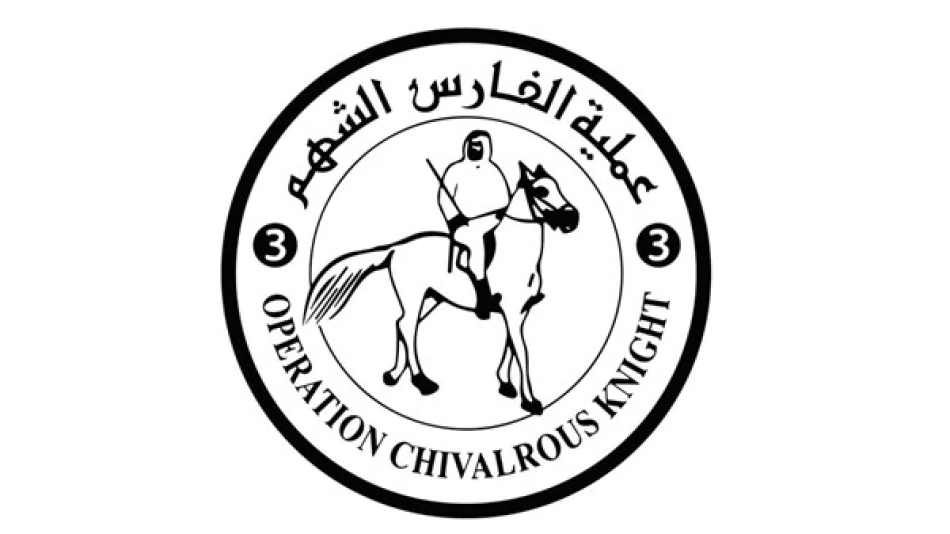
UAE Continues Gaza Aid Efforts: 65th Airdrop Delivers Over 500 Tons of Food Supplies to the Region
UAE Delivers 65th Airdrop to Gaza as International Coalition Expands Humanitarian Efforts
The United Arab Emirates has completed its 65th airdrop mission to Gaza, marking a significant milestone in what has become one of the most sustained international humanitarian operations in the region. Operating alongside Jordan, Germany, and Belgium, the UAE's "Birds of Goodness" initiative has now delivered over 3,862 tons of aid through aerial drops while simultaneously coordinating ground convoys—demonstrating how Gulf states are positioning themselves as key humanitarian actors on the global stage.
Multi-Front Humanitarian Strategy Takes Shape
The latest mission, part of the broader "Gallant Knight 3" operation, targeted areas inaccessible by land routes while coordinating with ground-based supply chains. On the same day as the 65th airdrop, UAE ground convoys delivered an additional 500 tons of food supplies via 21 trucks through established border crossings.
This dual-approach strategy reflects lessons learned from previous humanitarian crises where single-channel aid delivery proved vulnerable to disruption. By maintaining both aerial and ground supply lines, the UAE has created redundancy that ensures continuous aid flow regardless of shifting ground conditions.
Growing International Coalition Signals Diplomatic Shift
The participation of Germany and Belgium alongside traditional Middle Eastern partners Jordan and the UAE represents a notable expansion of the humanitarian coalition. This European involvement suggests a broader international consensus on maintaining humanitarian corridors, even as diplomatic solutions remain elusive.
Regional Leadership Through Humanitarian Diplomacy
The UAE's approach mirrors its broader foreign policy strategy of using humanitarian assistance to build international partnerships and regional influence. Similar to how the Emirates positioned itself during the COVID-19 pandemic as a global logistics hub for medical supplies, the Gaza aid operations showcase the country's capacity to coordinate complex international humanitarian missions.
This strategy has proven effective in other contexts—the UAE's humanitarian responses to natural disasters in Pakistan, Turkey, and Lebanon have consistently strengthened bilateral relationships while enhancing the country's soft power credentials.
Operational Scale Demonstrates Long-Term Commitment
The 3,862-ton figure represents more than symbolic support. To put this in perspective, this volume could provide basic food supplies for approximately 150,000 people for one month, assuming standard humanitarian ration calculations. The sustained nature of the operation—65 separate airdrops—indicates institutional commitment rather than reactive aid.
The logistics alone require significant resources: each airdrop mission involves military transport aircraft, international airspace coordination, precise targeting systems, and ground-based distribution networks. Maintaining this tempo for months demonstrates both financial commitment and operational sophistication.
Strategic Implications for Regional Dynamics
Beyond immediate humanitarian impact, these operations serve multiple strategic functions. For the UAE, leading international humanitarian efforts reinforces its position as a responsible regional power and potential mediator in future negotiations. The involvement of European partners provides diplomatic cover and international legitimacy for continued operations.
The coordination with Jordan is particularly significant, as it strengthens ties between two key U.S. allies in the region while providing Jordan with tangible support for its role as a humanitarian corridor. This partnership model could become a template for future crisis responses in the region.
As the UAE commits to continuing these operations through ongoing coordination with regional and international partners, the humanitarian response is evolving into a sustained international effort that may outlast immediate crisis phases and influence longer-term regional diplomatic relationships.
Most Viewed News

 Layla Al Mansoori
Layla Al Mansoori






